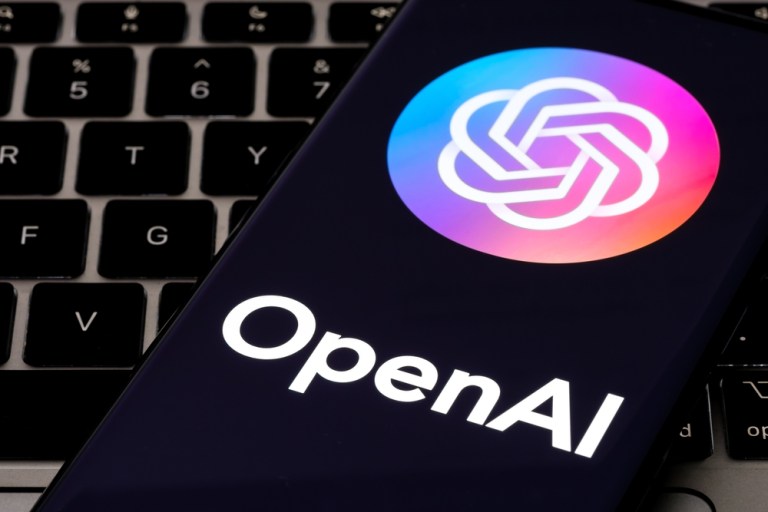OpenAI CEO Sam Altman Says AI Could End Poverty

Despite acknowledging the potential dangers of rapidly progressing AI technology, Sam Altman, the head of ChatGPT parent OpenAI, has argued that the benefits outweigh the costs. In an interview Thursday (June 22) at the Bloomberg Technology Summit in San Francisco, Altman addressed growing concern about the rapid progress of artificial intelligence (AI) and argued that global regulation could help make AI safe, a much better option than stopping it.
Among the benefits, Altman said that AI could be a game-changer in several areas, including medicine, science, and education, if risks are managed. “I think it’d be good to end poverty,” he remarked, adding that it “will be the most important step yet that humanity has to get through with technology.”
Despite his enthusiasm for AI, Altman acknowledged the “many ways that rapidly progressing AI technology could go wrong,” adding that they “work with dangerous technology that could be used in dangerous ways very frequently.” Elon Musk, who helped Altman start OpenAI, has subsequently been critical of the organization and its potential to harm. Altman said that Musk “really cares about AI safety a lot,” and his criticism was “coming from a good place.”
As the head of OpenAI, a company valued at over $27 billion, Altman is at the forefront of the booming generative AU market, which Bloomberg Intelligence estimates could grow by 42% to reach $1.3 trillion by 2032. Microsoft has invested $13 billion in OpenAI, further solidifying the company’s position in the AI industry.
Altman has been pushing for increased regulation of artificial intelligence in recent months and was among the AI experts who met with President Joe Biden this week in San Francisco.
He signed onto a brief statement that included support from more than 350 executives and researchers, saying, “mitigating the risk of extinction from AI should be a global priority alongside other societal-scale risks, such as pandemics and nuclear war.”
Earlier in May, Altman testified before a Senate subcommittee and likened AI’s potential to that of the printing press, but pleaded with Congress to provide the necessary oversight to prevent possible harm, per a PYMNTS report.
“I think if this technology goes wrong, it can go quite wrong. And we want to be vocal about that,” he said in widely reported testimony. “We want to work with the government to prevent that from happening.”